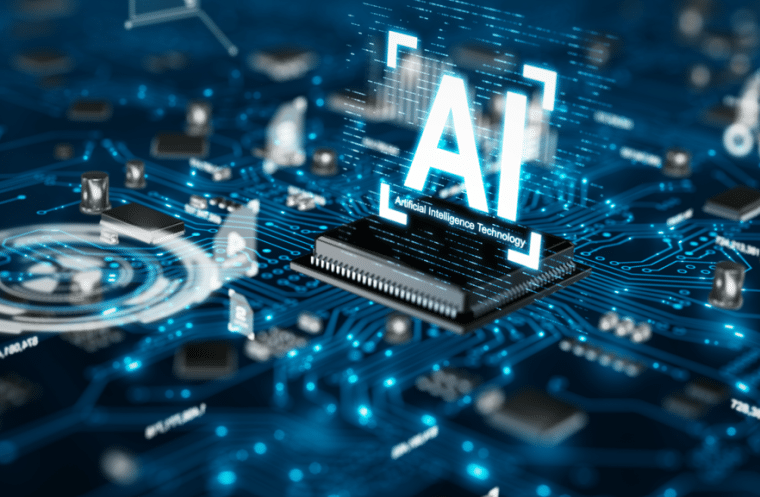
OpenAI CEO Sam Altman is touring the world to tout the benefits of super-intelligent artificial intelligence (AI), whilst also engaging in conversations about regulation.
OpenAI released a GPT-4 powered generate AI chatbot called ChatGPT last year which took the world by storm owing to its spectacular ability to solve problems and create content like a human.
ChatGPT became the fastest application in history to hit 100 million users, but its huge success has also triggered massive anxiety amongst those worried about the risks posed to humanity by machine superintelligence.
Sam’s tour certainly seems aimed at easing such fears – appearing at a talk at the University College London (UCL) on Wednesday, he repeated familiar talking points about how people are right to be concerned about AI, but also touted AI’s potential benefits.
But Sam’s world tour also seems aimed at getting ahead of the regulation conversation.
Since testifying before the US Senate last week, Sam has spoken with the leaders of France, Poland and Spain.
Altman told the stage in London that “something between the traditional European approach and the traditional US approach”.
Observers interpreted this as Altman meaning to say he wants to see some regulation, but not too much.
“I’d like to make sure we treat this at least as seriously as we treat, say, nuclear material,” Altman stated.
ChatGPT is currently banned in Italy, who cited the unlawful collection of users’ data and how underage users might be able to use the application to access inappropriate material.
Can AI Risks Be Mitigated?
At the London talk, Altman spoke about how he is optimistic that scientists will be able to keep AI systems under control via a concept known as alignment.
Alignment is an idea where an AI system is designed to only do what we want it to do and nothing that we don’t want it to do.
“I believe that (alignment) is a technically solvable problem,” Altman stated, adding that he feels “more confident in that answer now than I did a few years ago”.
Beyond humanity ending scenarios that remain in the realm of AI science fiction, critics allege that AI systems already have the power to do a lot of harm, including via the spread of misinformation via deepfakes.
Altman noted in the talk that he was worried about the possible persuasive abilities of AI technology and gave an unconvincing response when pressed about a possible scenario where an AI system calls someone using a deep fake voice and manipulates them.
“That’s what I think would be a challenge, and there’s a lot to do there.”
But Altman is optimistic about the future, which he thinks will reduce inequality around the world.
There will be “way more jobs on the other side of this technological revolution”, he remarked, adding that “this technology will lift all of the world up”.
Related Articles
- Meta Platforms Will Build its Own AI Chip to Power its Data Centers
- Homeland Security is Using AI to Link Citizens’ SSN With Social Media Posts and Location Data
Wall Street Memes (WSM) - Newest Meme Coin
- Community of 1 Million Followers
- Experienced NFT Project Founders
- Listed On OKX
- Staking Rewards